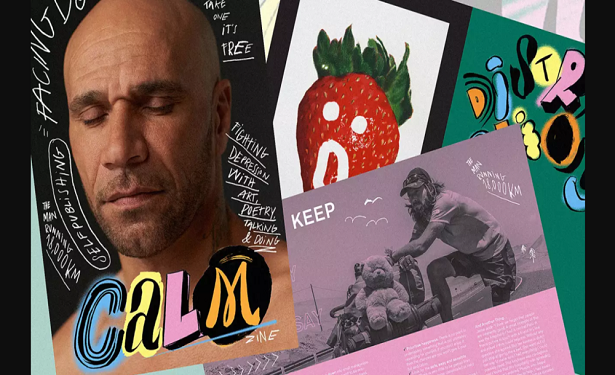New Masculinities
Date: Sunday 11 Jun 2017
What does it mean to be masculine in the 21st century? This is a question that has long been ignored. Representations of women in advertising have been extensively critiqued in the past and, as a result, campaigns by the likes of Dove, H&M and Always have succeeded in carving out more progressive depictions of women. Now the conversation is finally extending to representations of masculinity.
'Contemporary advertising retains fairly restrictive depictions of men and masculinity, casting them in the role of jock, commanding business or dad on the grill', Joseph Fischel
there are harrowing statistics which prove that rigid stereotypes of masculinity can be genuinely dangerous. Suicide is the single biggest killer of men under 45; a fact which suggests that the expectation to ‘man up’ and repress feelings is more insidious than society had initially thought. Organisations like CALM – a male suicide prevention charity – have been challenging these dangerous stereotypes through various means, while the Time to Change campaign recently urged men to support their friends and talk about mental health. Advertising can also raise awareness and companies are slowly starting to realise the responsibility they have to challenge these norms.
A Catalyst for Change
Ironically, it was one of the most notorious perpetrators of these stereotypes that sparked a notable change. Lynx – known in the US as Axe – conducted a large-scale research project in 2016 and discovered that men are suffocated by these stereotypes. Furthermore, these depictions of outdated masculinity were slowing sales and alienating millennials with more nuanced views of what it means to be a man today. Their response to these discoveries, the ‘Find Your Magic’ ad campaign, is still celebrated as particularly progressive and, alongside the research project, is widely credited as the catalyst for wider change.
Read more HERE

